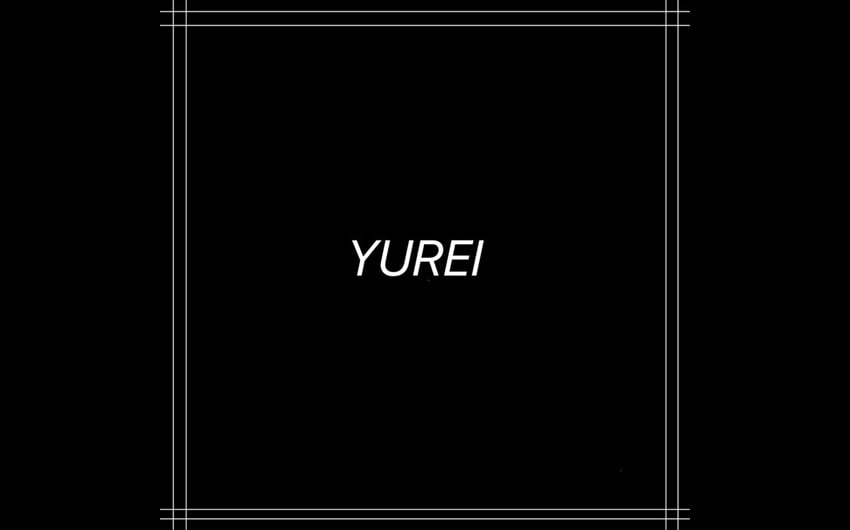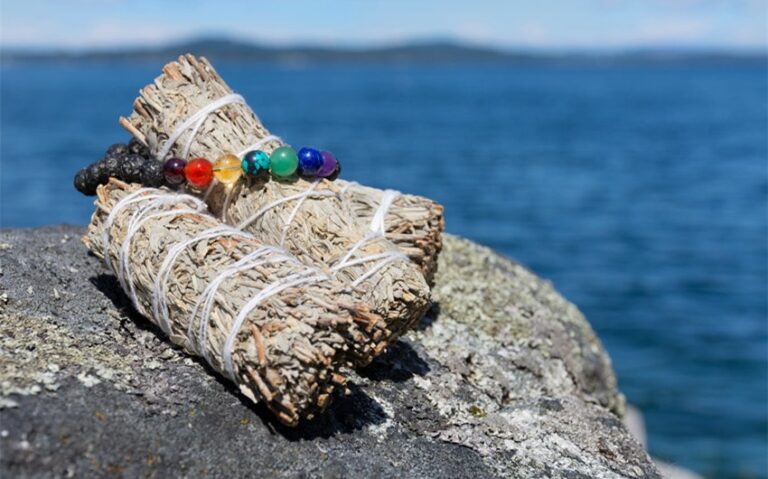Yurei Name Meaning And How It Relates To Spirits And Myths
Ghost stories have fascinated people for centuries, and in Japan, spirits hold a special place in folklore. One of the most well-known supernatural entities is the Yurei, a ghost often portrayed with long black hair and a flowing white robe. These spirits appear in legends, horror films, and traditional beliefs, making their presence deeply ingrained in Japanese culture.
But beyond their eerie reputation, the name itself carries meaning rooted in language and history. Understanding Yurei name meaning reveals not only its linguistic origins but also the fears, beliefs, and symbolism tied to the supernatural world in Japan.
Origin and Meaning of Yurei
The name Yurei (幽霊) is deeply rooted in Japanese language and culture, carrying a strong association with spirits and the supernatural. It is composed of two kanji characters:
- 幽 (Yū) – meaning “faint,” “dim,” or “hidden,” often associated with things that are unseen, mysterious, or connected to the spiritual realm.
- 霊 (Rei) – meaning “spirit” or “soul,” commonly used in reference to ghosts, divine spirits, or departed souls.
Together, Yurei (幽霊) translates to “ghost” or “wandering spirit”, describing the traditional Japanese concept of souls that remain in the living world due to unresolved emotions or unfinished business. Unlike Western ghosts, which can be friendly, mischievous, or terrifying, Yurei are typically portrayed as restless and sorrowful entities, unable to move on to the afterlife until they find peace.
The Linguistic and Historical Evolution of Yurei
The word Yurei has been used in classical Japanese texts and folklore for centuries, dating back to ancient Shinto beliefs. In Shintoism, spirits (kami) play a vital role in maintaining balance between the human and spiritual worlds. While some spirits are revered, others—like Yurei—are feared because they signify disruption and unfinished karma.
During the Edo period (1603–1868), the concept of Yurei became more defined in Japanese literature and theater. Ghost stories (kaidan) were popular among common people, shaping the way Yurei were depicted in art, kabuki performances, and oral storytelling traditions. Over time, Yurei became a universal symbol of lingering spirits, regret, and supernatural occurrences, influencing not only Japanese culture but also global horror traditions.

Image source: Pinterest
Yurei in Japanese Folklore
Japanese folklore is rich with stories of Yurei, often portraying them as vengeful spirits who return to haunt the living. Unlike Western ghosts, which can sometimes be neutral or even helpful, Yurei are almost always bound by deep emotions such as sorrow, anger, or betrayal, making them a feared presence in traditional ghost tales.
How Yurei Manifest in Folklore
According to legend, a person becomes a Yurei if they die in a state of intense emotion, such as rage, grief, or heartbreak. These spirits typically:
- Appear at night, especially between 2 AM and 3 AM (the “witching hour” in Japan).
- Are seen wearing white burial kimono, which symbolizes death and mourning in Japanese culture.
- Have long, unkempt black hair, a feature linked to traditional funeral customs where women’s hair was let down upon death.
- Lack legs or feet, floating eerily above the ground.
Famous Yurei Legends
Several famous Yurei stories have shaped Japan’s ghost folklore:
- Oiwa (The Ghost of Yotsuya) – One of Japan’s most famous Yurei, Oiwa was a woman betrayed and poisoned by her husband. Her deformed face and vengeful spirit haunt him even after death.
- Okiku (The Well Ghost) – A servant girl named Okiku was falsely accused of losing a valuable plate and killed by her master. She became a Yurei, eternally counting plates as she weeps from her well.
- The Ghost of Botan Dōrō – A tragic love story where a man falls in love with a beautiful woman, only to realize she is actually a Yurei who has been visiting him from beyond the grave.
These stories reinforce the idea that Yurei are not simply ghosts—they are symbols of unresolved emotions, injustices, and supernatural consequences that linger after death.
Yurei in Pop Culture
The influence of Yurei extends far beyond folklore, playing a major role in modern Japanese pop culture, horror films, and entertainment. Their ghostly presence has inspired movies, anime, literature, and video games, making them one of Japan’s most recognizable supernatural entities worldwide.
1. Yurei in Japanese Horror Films
Japanese horror (J-Horror) is famous for its slow-building tension, eerie atmosphere, and psychological terror, much of which revolves around Yurei. Some of the most iconic horror films featuring Yurei include:
- The Ring (Ringu, 1998) – Sadako, a vengeful Yurei, spreads terror through a cursed videotape, marking one of the most famous horror ghost stories in cinema.
- The Grudge (Ju-on, 2002) – Kayako, a Yurei who died in extreme anger, haunts anyone who enters her home, continuing a cycle of supernatural horror.
- Dark Water (2002) – A chilling film about a mother and daughter haunted by a ghostly child Yurei linked to a mysterious apartment building.
These films cemented Yurei as terrifying and relentless supernatural forces, influencing Western horror movies like The Ring (2002) and The Grudge (2004).
2. Yurei in Anime and Manga
The concept of Yurei has also appeared in anime and manga, sometimes depicted as tragic or misunderstood spirits rather than purely terrifying figures. Examples include:
- Bleach – Features ghosts (Yurei) who are either lost souls (Pluses) or turned into malevolent spirits (Hollows).
- Noragami – Involves spirits and wandering souls who influence the human world.
- Spirited Away – While not horror-based, the film features many ghostly and supernatural elements reminiscent of Yurei myths.
3. Yurei in Video Games
Popular games inspired by Yurei lore include:
- Fatal Frame (Project Zero) – A survival horror game where players encounter Yurei through an ancient camera.
- Silent Hill Series – Features ghostly apparitions and restless spirits inspired by Japanese ghost traditions.
- Nioh – A samurai-themed game featuring battles against Yurei and other supernatural beings.
These appearances in pop culture keep the legend of Yurei alive, introducing them to global audiences in new and terrifying ways.
Symbolism and Perception of Yurei
1. Representation of Unresolved Emotions
Yurei symbolize the consequences of strong, lingering emotions, especially when someone dies in pain, betrayal, or sorrow. In Japanese culture, emotions are deeply tied to one’s spiritual fate, and Yurei serve as reminders of what happens when the soul cannot find peace.
This concept extends beyond ghosts—people often use “Yurei” metaphorically to describe emotional burdens, past traumas, or regrets that linger like a ghost. The idea that one’s emotions can persist after death highlights the cultural importance of harmony and emotional balance in life.
2. The Duality of Fear and Tragedy
Unlike many Western ghosts, who may be either comedic or terrifying, Yurei are often tragic figures rather than purely malevolent spirits. They are feared, yet their stories often evoke sympathy. Many Yurei were victims of betrayal, abuse, or misfortune, making them as much symbols of suffering as they are sources of fear.
This duality makes Yurei compelling figures in storytelling, representing both vengeance and sorrow, reminding us of the emotional weight of unfinished business.
Featured image source: Pinterest







